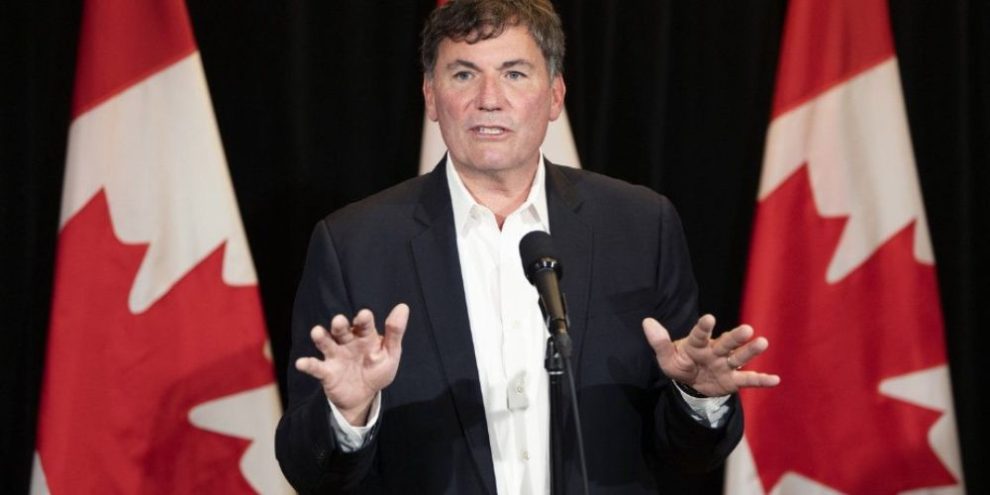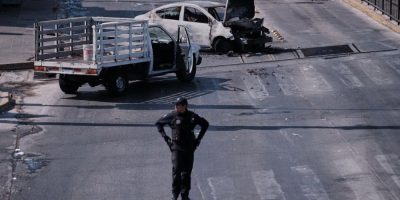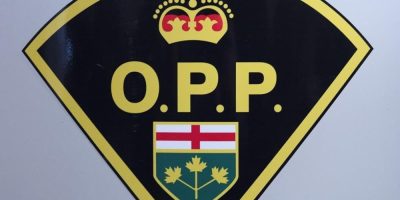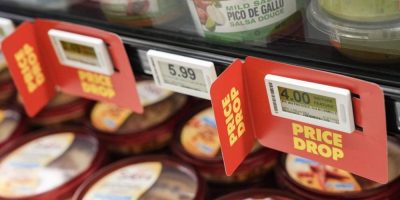
By Dylan Robertson in Ottawa
A Quebec judge will head a public inquiry into allegations of foreign interference in Canada's affairs over the next 16 months, Democratic Institutions Minister Dominic LeBlanc said Thursday.
Quebec Court of Appeal Justice Marie-Josée Hogue will lead the probe starting Sept. 18.
"She will be able to undertake her important work with the support of all recognized parties in the House of Commons," LeBlanc told reporters Thursday morning on Parliament Hill.
LeBlanc, who is also the minister of public safety, said the inquiry will examine meddling by China, Russia and other foreign states and non-state actors.
"China is not the only country that seeks to interfere in an inappropriate way, and we wanted the commission and Justice Hogue to have the ability to follow the evidence, as she is brought up-to-date by our intelligence agencies," he said.
"Some of the interference may be by non-state actors that are affiliated with some of these regimes in various ways, so we wanted her to have the independent judgment to follow the evidence."
LeBlanc said Hogue will have access to any secure records she deems necessary to look at allegations of foreign interference in the last two federal elections. That includes cabinet confidences.
An interim report is due by the end of February and a final report by the end of December 2024.
LeBlanc said it's up to Hogue to consult with legal experts of her own choosing as to whether parts of the inquiry will be held in public, and also who will be called to testify.
When asked whether Trudeau and cabinet ministers would comply with requests to take the stand in any public hearings, he said the government intends to be "available and forthcoming" for Hogue.
"She will decide what particular matters she will hear in-camera, what will be public hearings," LeBlanc said, adding that all parties hope parts of the hearings will be public early on in the process.
Opposition parties have been demanding a public inquiry for months over allegations the Liberals failed to properly monitor and respond to attempted meddling by Beijing.
Officials say Canada maintained the overall integrity of the 2019 and 2021 elections. But opposition parties say they need clarity on how entrenched the issue is, and whether the government has adequately protected Canada's democracy.
LeBlanc said Hogue does not have "detailed experience" in national-security matters, arguing it's an asset for her to come to the issue with a fresh set of eyes.
He said the fluently bilingual judge was a consensus choice among the parties, and her rank involves rulings that often establish precedents in Canadian law.
"We believe Justice Hogue has all of the necessary experience, credentials and judgment to lead this important work. That view was shared by some of the country's most senior jurists with whom we've spoken," he said.
Hogue's biography on the website of the Court of Appeal of Quebec says her main areas of practice have been corporate commercial litigation, civil litigation and professional liability, in addition to work in administrative and constitutional law.
In May, the government confirmed a media report that CSIS in 2021 had detected a plot by China to intimidate Conservative MP Michael Chong and his relatives in Hong Kong. The Trudeau government expelled Chinese diplomat Zhao Wei after sustained uproar in Parliament.
This spring, the Liberals initially named former governor general David Johnston as a special rapporteur to examine the issue and promised to follow his recommendations, including if he called for a public inquiry.
Johnston recommended against an inquiry, saying the fact that so many details could not be made public due to national security implications would not give Canadians the answers they want.
His report, issued in May, concluded that Trudeau's government didn't knowingly or negligently fail to act on foreign attempts to interfere in the last two federal elections.
Johnston also concluded, based on the intelligence he reviewed, that Trudeau hadn't been briefed about specific allegations — though he also found that serious reforms were needed to improve the way government handles sensitive intelligence.
The NDP and Greens say they are willing to abide by strict security clearances in order to weigh the confidential documents Johnston reviewed to reach his conclusions around what Trudeau knew.
Shortly after his report, Johnston resigned as special rapporteur, citing the highly partisan atmosphere that had surrounded his work.
Banner image: THE CANADIAN PRESS/Darren Calabrese
This report by The Canadian Press was first published Sept. 7, 2023.





